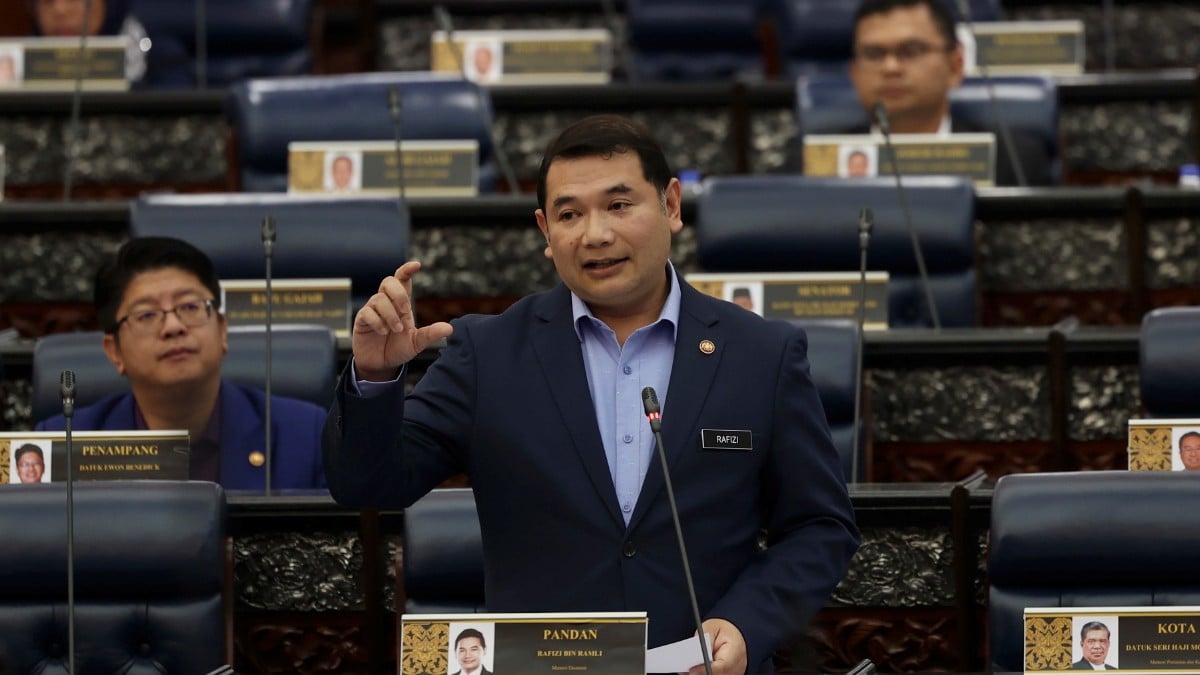Rafizi: Govt Is Developing A New Action Plan For Bumiputera To Help The Group
He said that as such, allocations for Bumiputera development in Budget 2024 would be placed under the Economy Ministry first, instead of being channelled directly to agencies such as the TERAJU or EKUINAS.
The government is developing a new action plan for Bumiputera as it re-examines the implementation approach in such programmes involving the group, said Economy Minister Rafizi Ramli
He said that as such, allocations for Bumiputera development in Budget 2024 would be placed under the Economy Ministry first, instead of being channelled directly to agencies such as the Bumiputera Agenda Steering Unit (TERAJU) or Ekuiti Nasional Bhd (EKUINAS).
"Allocations for Bumiputera empowerment and education under Yayasan Peneraju would go on as usual, including a RM300 million development programme and a special allocation programme for Bumiputera next year.
"I made a decision for this to be placed at the ministry level first while we develop a new action plan for Bumiputera," he said when winding up the committee-level debate on the Supply Bill 2024 for his ministry in parliament yesterday, 8 November.
Last March, Rafizi was reported to have said that TERAJU's effectiveness in managing the Bumiputera agenda would be re-examined following the fact that the funds provided by the government were not fully channelled to the target groups
Rafizi said TERAJU still has a balance fund of RM800 million from the previous years including the allocation for development and management expenses that can be used for Bumiputera-related activities next year.
"Yes, there will be a new TERAJU programme because the balance that was allocated three or four years ago (is still there). It means that the programmes might not receive a good response or might not be right. We need to improve and recalibrate the programmes, then we can launch new ones," he added.
TERAJU was established in 2011 under the Prime Minister's Department to lead, coordinate, and drive the Bumiputera agenda with the aim of bolstering the group's participation in the national economy.
Meanwhile, Rafizi said the implementation of the proposed progressive salary scheme is voluntary by using the "carrot and stick" approach
He said employers who participate in the progressive wage scheme and start paying wages progressively according to the rate set by the government based on sector and skill level would receive certain cash incentives.
"The benefits to employers include staff who are in the progressive wage scheme would have to go through specific training to improve their skills.
"As for the 'stick', if the employers do not join (the scheme), they will face challenges in acquiring talent," he said, adding that further details would be discussed via the white paper on progressive wage to be tabled in parliament on 30 November.
